
The Darrell McClain show
Independent media that won't reinforce tribalism. We have one Planet; nobody's leaving, so let’s reason together!! Darrell McClain is a Military veteran with an abnormal interest in politics, economics, religion, philosophy, science, and literature. He's the author of Faith and the Ballot: A Christian's Guide to Voting, Unity, and Witness in Divided Times. Darrell is a certified Counselor. He focuses primarily on relationships, grief, addiction, and PTSD. He was born and raised in Jacksonville, FL, and went to Edward H white High School, where he wrestled under Coach Jermy Smith and The Late Brian Gilbert. He was a team wrestling captain, District champion, and an NHSCA All-American in freestyle Wrestling. He received a wrestling scholarship from Waldorf University in Forest City, Iowa. After a short period, he decided he no longer wanted to cut weight, effectively ending his college wrestling journey. Darrell McClain is an Ordained Pastor under the Universal Life Church and remains in good standing, as well as a Minister with American Marriage Ministries. He's a Believer in The Doctrines of Grace, Also Known as Calvinism. He joined the United States Navy in 2008 and was A Master at Arms (military police officer). He was awarded several medals while on active duty, including an Expeditionary Combat Medal, a Global War on Terror Medal, a National Defense Medal, a Korean Defense Medal, and multiple Navy Achievement Medals. While in the Navy, he also served as the assistant wrestling coach at Robert E. Lee High School. He's a Black Belt in Brazilian Jiu-Jitsu under 6th-degree black belt Gustavo Machado. Darrell Trains At Gustavo Machado Norfolk under the 4th-degree black belt and Former Marine Professor Mark Sausser. He studied psychology at American Military University and criminal justice at ECPI University.
The Darrell McClain show
Powder Keg Peace
Use Left/Right to seek, Home/End to jump to start or end. Hold shift to jump forward or backward.
Cameras love a finish line. Real peace rarely offers one. We open with a bold victory lap and press on the brakes, examining what a signed deal in Gaza can and can’t do while weapons remain, hostages return in tears and coffins, and leaders pull in opposite directions. I walk through Netanyahu’s conspicuous absence, Abbas’s calculated presence, and Trump’s push to scale the Abraham Accords into something bigger—maybe even stretching toward Tehran—then ground it in the only things that count: disarmament that sticks, institutions that work, and neighborhoods that can rebuild a normal day.
The conversation then crosses oceans to our own streets, where Texas aims to scrub “ideology” from roadways and rainbow crosswalks become the test case. We parse safety claims, content neutrality, and the risk of censorship by funding threat. If neutrality is real, it must be even-handed; if it is selective, it’s control dressed as policy. From there, Congress and the courts take the stage: a grinding shutdown tied to ACA subsidies and hard-nosed vote math, followed by the Supreme Court’s refusal to hear Alex Jones’s appeal, affirming that defamation has consequences even in a loud media age.
To widen the lens, we demystify socialism—definitions, variants, and outcomes—separating democratic, libertarian, and social approaches from the caricatures of authoritarianism. We look at where social democracy thrives, how communities like Catalonia and the Zapatistas built alternative models, and why the metrics that matter are health, mobility, and shared security. The closing poem, “I Apologize,” brings the themes home: dignity, visibility, and the cost of erasure. If there’s a single thread tying geopolitics, civic space, and political economy together, it’s this: declarations make headlines; delivery changes lives. Subscribe, share with a friend who cares about results over rhetoric, and leave a review to help more people find the show. Where should we press next?
Welcome to the Darrell McLean Show. I'm Darrell McLean, an independent media that will reinforce tribalism. We have one planet. Nobody is leaving now. Let us reason together. Trump's Middle East victory lap, let's talk about the spectacle that just unfolded in the Middle East. President Donald Trump never wanted to shy away from the spotlight, wrapped up a whirlwind tour he dubbed the historic dawn of a new Middle East. Big words, big promises, and if you take the man at face value, the war in Gaza is now over.
SPEAKER_04:Done.
SPEAKER_02:Finished and tied up with a ribbon. But you and I both know peace isn't just a signature on paper. It is an applause and the kinekon sat or smiles in Cairo. Peace is fragile, messy, and it doesn't care about how many cameras are rolling when you declare it. Trump says the war is over. On Air Force One, before his plane even hit the tarmac, Trump told reporters the war is over. He doubled down after landing in Israel. He tripled down in Egypt. And in his grand, sweeping way he declared it 3,000 years to get to this point. Now I don't know about you, but I've read enough history to know that 3,000 years of conflict doesn't evaporate because one man signed a peace plan. The ink may be dry, but the weapons in Gaza are not. The entire deal hinges on Hamas handing over its arms to spanning militias and renouncing power. That's not just a tough ask, it's an ask that borders on fantasy. Senator Lindsey Graham, who usually marches in lockstep with Trump, felt the need to wave a red flag. He basically said, Hold your horses. Even while Trump was basking in victory, militias in Gaza were still killing each other, hostages, the joy and the grief now to the human side. On Monday, Israel welcomed home the last twenty living hostages. Families cried tears that had been held back for too long, brutal years. That is no small victory. It is life itself returned. But joy and grief are tangled together here. Twenty-eight hostages never came back alive. Their remains are now being pulled out of Gaza piece by piece. Four coffins arrived in Israel this week. Twenty-four more are still unaccounted for. Imagine that pain waiting years for a loved one's return only to receive a coffin. And worse, Hamas is stalling, saying it needs more time to find the bodies as if the dead are bargaining chips. The hostages and missing families form a group that has stood by these families from the beginning, said enough is enough. They want the ceasefire suspended until Hamas makes good on the deal. And they're right, because an agreement that doesn't respect the dead won't respect the living for long. Netanyahu stays home, Abbas shows up, then there's the political theater. Prime Minister Netanyahu declined Trump's invitation to Egypt, citing the Jewish holiday of Simchat Torah. That's a legitimate reason, but let's not kid ourselves, his absence spoke louder than any holiday observance. He doesn't trust this deal. He doesn't want to share a stage where the Palestinian Authority is being embraced. Meanwhile, Mahmoud Abbas, 89 years old and clinging to power in the West Bank, did show up. Trump claspsed his hand like they were old friends, even though this was only their second meeting. Trump envisions Abbas's reformed Palestinian Authority as the future of Gaza. Netanyahu envisions, well, something entirely different. He wants no Palestinian state at all. And there lies the contradiction Trump's plan requires cooperation from leaders who don't even agree on the destination. Abraham Accords 2.0, of course, Trump couldn't resist talking about legacy. He named dropped the Abraham Accords at every turn, bragging about those 2020 deals where Bahrain, the UAE, and Morocco normalized ties with Israel. He's dreaming of a bigger club, Saudi Arabia, maybe even Iran. Yes, you heard Trump teased the idea of a truce with Tehran, calling it the best decision Iran has ever made. Bold words, but history says Iran isn't exactly quick to play ball. Still, you can see the strategy. Trump wants this Gaza peace deal to be the springboard that finally pushes reluctant Arab nations into Israel's orbit. He wants to close the circle and stamp his name on Middle Eastern diplomacy for good. Gaza. The broken future. Step away from the cameras, the applause, the speeches, and you face Gaza itself. Tens of thousands of Palestinians dead. Entire neighborhoods leveled. Infrastructure destroyed. Children growing up surrounded by rubble and grief. British Prime Minister Kerr Starmer, who was at the summit, put it plainly. In other words, signing ceremonies are easy. Rebuilding lives, demilitarizing Gaza, creating something that looks like a future, that's the hard part. Trump's board a PCS, that's the actual name is supposed to oversee this. He's chairing it himself, with names like Tony Blair thrown in the mix. But Hamas has already made it clear Blair isn't welcome. His role in the Iraq War makes him toxic in Gaza. And if you think Hamas is about to smile and hand over its weapons because Trump and Blair asked nicely, I've got beachfront property in Kabul to sell you. The verdict, so here's where I land, Trump's trip was flashy. It was historic in the sense that hostages came home and a peace deal, however shaky, was signed. That matters. But history doesn't reward declarations, it rewards results. And right now, Gaza is a powder keg, Hamas still holds its guns, Netanyahu is keeping his distance, and the Palestinian Authority is barely standing. Trump says the war is over. I say the war has just entered a new phase. Peace, if it comes, won't be the result of applause lines or victory lapse. It'll be earned or lost in the rubble of Gaza, in the negotiations nobody televises, in the compromises nobody wants to make. For the families reunited with their loved ones this week is a miracle. For the families still waiting on bodies, it is heartbreak. For everyone else, it is a reminder peace in the Middle East has been declared many times before. The question is How long will it be kept? We have a show question today from Paul, Texas passed an ordinance or a law not sure which to ban political signage on roads. For example, rainbows at intersections. What to think of this? Texas governor recently issued a directive saying roadways must be ideology free. No political ideologies painted on streets, no non-standard signage, no symbols or flags on intersections or crosswalks unless they serve a direct traffic or safety function. Cities face losing state and federal transportation funding if they don't comply within 30 days. Specifically, the spotlight is on rainbow crosswalks, a symbol of LGBTQ plus pride in cities like Houston, Austin, San Antonio, Dallas. So yes, it's not exactly ban all signposts by Rose, but a targeted lawslash directive to remove symbols that carry ideological meaning from public roadways. What I think of it, with pros, cons, and warning flags, the concern over each suppression, slippery slope, freedom of expression. When the state says certain symbols like rainbows are political ideologies and thus must come down, it bleeds into censorship. Which ideologies will be next? How do you draw the line without bias? Weaponizing funding. Using funding as leverage to force compliance is heavy-handed. Local governments often need those dollars to fix real roads. This is a coercive power play, symbolic erasure. Removing crosswalks or symbols tied to marginalized communities is erasure in plain sight. It sends a message, you are less welcome, less visible. Pretext of safety and amp uniformity. Arguments about distraction or non-uniform markings are plausible, but they're also easy cover. If the same paint jobs existed for acceptable ideologies, would the same argument hold? Constitutional risk, laws that restrict expressive conduct, especially in public forms, must survive First Amendment scrutiny. To ban expressive symbols wholesale is risky legally. The argument in favor that people pushing this will make traffic and driver safety. If roadways become visual noise, it could distract drivers. Consistency in road design. Public roads have standards. Symbols or coloring that deviate might confuse signage systems, emergency responders, or automated vehicle sensors, neutral government space. The idea that public roads should not serve as platforms for political messaging, keep government spaces ideologically neutral. Taxpayer stewardship. Spending public money to promote ideologies is a slippery slope, critics will argue. My take I lean sharply on the side that this is a political power move masquerading as a safety regulation. The safety and uniformity justifications are thin when you see them applied selectively, e.g., pointing at rainbow crosswalks, but not say religious or historical murals. And the timeline, 30 days, funding threats, reeks of wanting fast compliance before pushback and build. What worries me most? Someone picks a symbol they don't like, labels it political, and poof it has no rights. This law doesn't just remove a crosswalk, it reshapes whose identity is to be public. That said, I'm not unconditionally opposed to regulating signage. Roads do need clarity, but the standards must be content neutral, applied even-handedly, transparent, subject to judicial review, and not used to a race dissent. To watch for slash how this might play out, one legal challenges. I expect lawsuits. Someone will argue First Amendment, equal protection. If localities had rainbow crosswalks but not others, that differential treatment is suspect. Two, pushback from cities. Some may try to get exemption. San Antonio is already trying. Three, creative resistance. Communities may shift to sidewalk murals if that's allowed, or symbolic art on public property off roadbeds. Four national trend. This echoes what's going on in Florida at the federal level, US dot where ministries want to purge political messages from roadways. Five, ambiguity exploitation. The laws vague phrases political ideologies give officials broad discretion. That's dangerous. Folks, let's talk about a rainbow. Not the one in the sky after a storm, the one painted at an intersection in Houston. The kind of crosswalk that tells you a neighborhood is alive, proud, and saying something about who they are. That rainbow is now on the chopping block. Why? Because the governor of Texas has decided rainbows are political ideology and don't belong on public roads. Governor Abbott's directive says cities have 30 days to strip away anything on their streets that isn't uniform traffic safety markings. The warning was clear. Fail to comply, and you risk losing not just state dollars, but federal transportation funding. It's the political version of nice city you got, their shame if something happened to your now. The talking point here is safety and consistency. They'll tell you non-standard markings might distract drivers or confuse self-driving cars or mess with emergency responders. I'm not dismissing that entirely, roads do need clarity. When you're barreling down I-10 at 75 miles per hour, you don't want to play guess that symbol. But let's be honest, this isn't about traffic safety. This is about erasing symbols of communities that certain politicians don't like seeing out in the open. Because let's test their logic. If this is about uniformity, why do we allow painted blue lines on roads for back the blue? Why do we allow giant highway signs announcing religious holidays or political heroes? If safety is truly the issue, then you'd apply the standard neutrally across the board. But the hammer always seems to come down when the paint job celebrates pride, diversity, or anything outside the political comfort zone of whoever's in charge, and here's where it gets dangerous. The word political ideology is intentionally vague. Who gets to decide what counts as political? Is a mural of Dr. Martin Luther King political? Is a memorial cross for a fallen soldier painted near a base political? What about a breast cancer ribbon crosswalk? Does that count? Once you hand government leaders the power to pick and choose which symbols are too ideological, you've opened the door for selective erasure. That is censorship with a traffic cone slapped on it. This isn't just paint. Symbols in public space tell you who belongs there, whose voice is heard, whose history is remembered. When you strip rainbows off the road, you're not just removing bright colors, you're dimming the visibility of people who already feel pushed to the margins. A rainbow crosswalk in Montrose, Houston wasn't confusing anyone's Toyota Corolla. It was a declaration. Now, what's the other side of the argument? They'll say, well, government shouldn't be endorsing ideologies with taxpayer money. Fair enough. But then be consistent, ban them all, not just the ones that make you uncomfortable. You can't weaponize neutrality to only silence the groups you don't like. Neutrality means either everyone gets to speak or nobody does. But the one thing it can't mean is the state decides which voices count as neutral and which voices count as dangerous. That's not neutrality, that's power flexing. And notice the stick they're swinging, funding. Cities depend on those transportation dollars to patch potholes, fix bridges, keep buses running. By tying compliance to money, the state is essentially saying erase these communities' presence or we'll make sure your streets crumble. But that's not lawmaking, that's extortion. What happens next? Well, I expect lawsuits. Cities like San Antonio are already exploring whether they can hold on to their rainbow crosswalks. Civil rights groups will almost certainly challenge the directive on First Amendment grounds. And don't be surprised if some towns create a painting their sidewalks instead of the streets, or finding other ways to send the same message without technically breaking the rule. You can scrub the asphalt, but you can't scrub community pride out of a neighborhood. But bigger picture, this is part of a national trend. We've seen Florida clamp down on what can be displayed in public schools. We've seen federal agencies debate whether Black Lives Matter murals belong on roadways. What we're watching is a movement to sanitize public space so that it reflects only the symbols of power, not the symbols of dissent or diversity. And let's call that what it is. It's not about safety, it's about control. So here's my question to you, the listener: if the state can decide a rainbow is too political for the road, what else can they decide? Could a mural honoring veterans be considered political? Could a city slogan like Sanctuary City get scrubbed? The danger of vague laws is they can be applied selectively today against one group, tomorrow against another. Here's the closing thought. Roads are more than concrete slabs that get us from point A to B. They're arteries of community life. And sometimes communities paint those arteries with color to say, we are alive. When the state threatens to black that out, it's not protecting drivers, it's protecting a hierarchy of visibility. And if you're comfortable with that now, just wait until your symbol, your memorial, your pride is the next thing they decide is too political. Shut down to enter third week after Senate rejects bill to reopen government, the Senate rejected a bill to reopen the government for the eight time Tuesday, ensuring the shutdown will enter its third week with lawmakers nowhere close to finding a resolution. Senators voted 4945 on the GOP's House passed continuing resolution, which would fund the government through late November, and needed 60 votes to advance. Sense. Catherine Cortez Masto, Denev, and Sen. Angus King I main voted with Republicans as they have for nearly two weeks. John Fetterman Ye, who had voted in favor of the resolution every other time it has come to the floor, was not present on Tuesday. Rand Paul was, once again, the lone GOP, no vote. The vote comes as the two sides remain at a stalemate, with neither wanting to give any ground. I guess Democrats are not going to be satisfied until military families and government workers are lining up at food banks or visiting payday lenders or simply charging necessary items like milk and bread on their credit cards to be repaid late. Senate Majority Leader John said on the floor before the vote, lambasting a report that Democrats are willing to allow the shutdown to go on for several more weeks. But hey, while military families and government workers may be deeply stressed, at least life is getting better every day for Senate Democrats, he continued, referring to a comment Senate Minority Leader Chuck Schumer made last week about Democrats' political fortunes amid the impasse. Democrats have repeatedly called for any deal on government funding to include an extension of the Enhanced Affordable Care Act, ACAACA subsidies that are set to expire at year's end. The GOP, meanwhile, has insisted any talks on those credits can only take place once the government reopens and have publicly pleaded for five additional Democrats to side with them to do so. That has not happened, though, leading Democrats to argue that the repeated failed votes being held by the majority party should be an impetus for the two sides to hammer out a deal on the subsidies. That means, like it or not, the Republican leader needs to work with Democrats in a bipartisan way to reopen the government. Just as we did when we passed 13 CR's continuing resolutions when I was majority leader, Schumer said. The ACA premium crisis is not a fix-it-later issue, but rather a fix-it-now issue, he continued. Republicans may think they can dig in until the next ice age, but a fork in the road is coming their way, whether they like it or not. While there was little change in the numbers, the vote marked a slight change in GOP tactics. For the first time since the shutdown started, it was held without a companion vote on a Democratic proposal to end the shutdown. The failed vote also brings the shutdown closer to making history. Not only does it mean the impasse will continue into its third week, but it could become the second longest shutdown in U.S. history on Friday. It would eclipse the 2013 shutdown over the ACA that was spearheaded by Ted Crewe, Texas. The record is held by the 35-day battle in 2018-19 over President Trump's one-for-border wall funding. The Supreme Court on Tuesday turned down conspiracy theorist Alex Jones' appeal of a roughly$1.4 billion defamation judgment he owes for falsely claiming the Sandy Hook Elementary School shooting was a hoax. The brief order ends Jones' bid to stave off the staggering sum which has plunged him into bankruptcy and could force him to give up airing his inforced show. Jones's Supreme Court petition called it financial death penalty by fiat. He said his statements were lifted out of context and the judge didn't give enough weight to his First Amendment arguments. Alex Jones is a media defendant entitled to all First Amendment freedom of the press protections, the petition reads. The justices did not appear to give it much consideration, as they did not request the families respond to Jones's petition. The Supreme Court properly rejected Jones's latest desperate attempt to avoid accountability for the harm he has caused. We look forward to enforcing the jury's historic verdict and making Jones and InfoWars pay for what they have done. Chris Mattei, an attorney representing the family, said in a statement. Though it's unclear how much the families will recover of the roughly$1.4 billion billion award. Jones remains in bankruptcy, and the families have moved in recent weeks to sell assets owned by his company and free speech systems. A judge recently confirmed those assets are part of the bankruptcy estate and the families can pursue claims in state court. The families have recently convinced the Texas State Judge to appoint a receiver, though Jones is appealing the order. He has warned that InfoWars could be sold off to the Onion, a satirical news site. Last year, the Onion entered the winning bid in an auction to take control of InfoWars, but it was blocked by the bankruptcy judge. The plaintiffs here are on the opposite side of the ideological spectrum and do not want money for their judgment. Jones's lawyers wrote to the justices that their initial motivations were to get Jones' message off the air. But after entry of the devastating, record-breaking$1,436,650,000 judgment, that motivation morphed to something more sinister. Now let's go into a blast from the intellectual past.
SPEAKER_00:Socialism has never worked. It's become a truism, repeated by right-wingers and people who just don't know much about political theory. It could be something someone tries to say when you tell them you voted for Bernie Sanders. Bernie Sanders, don't you know that socialism has never worked? Many don't know much about the history of socialism or even really understand what socialism actually is. They hear the word socialism and they think of authoritarian regimes like the Soviet Union or North Korea. Or even worse, they might say, hey, socialism doesn't work when they're having a conversation about someone like Barack Obama, implying that Obama is himself a socialist. Now it should go without saying that Obama is not a socialist, but this actually has to be explained to some people. This is true regardless of whether you are for or against socialism or communism or capitalism or social democracy. I am not a socialist, but I can only understand that if I actually know what socialism is. So let's begin there. Defined by a textbook, socialism is the collective ownership of a society's means of production. Means of production could be non-human resources used to produce things of economic value like real estate or farmland, natural resources, equipment, buildings, infrastructure, roads, and collective ownership of these things, meaning workers or the public own them. Some define socialism as a system by which social equality can be achieved. In this broader way of thinking about it, socialism could mean any kind of socialistic philosophies or attitudes or tendencies, or a system that combines orthodox socialist practices with other constructs like capitalism. For instance, you could say that some Scandinavian countries are socialistic by modern standards, not because they have a system where the government or workers own everything, but because they have a system where there's a relatively greater amount of intervention by democratic government to protect socialistic ideals like egalitarianism, civil rights, equal education, environmentalism, and the prevention of abuse by actors in the free market. These are capitalist societies, and they're definitely not realizations of socialism as defined in a political science glossary, but these are manifestations of socialistic inclinations, especially when compared to what goes on in many other developed countries. Socialism is an extremely broad umbrella term to describe a wide range of political, social, and economic systems, movements, and ideas. Let's explore where socialism comes from, some of its variations, and how they functioned in society. Some elements of socialism have ancient roots. Ancient Buddhism taught that the individual and all other living beings are interconnected and interdependent, and that all humans should be treated equally and with kindness. People often draw parallels between socialism and Buddhism, and many say that Plato's republic first articulated the notion of a socialist state, a state that aims to solve social problems by government action through higher taxes and redistribution of resources. There are lots of other aspects of Plato's Republic that don't at all align with modern socialism. Socialistic ideals are seen being portrayed in the Hebrew Bible, which in many places says that people should be treated equally and that we should be generous to the have-nots. The book of Leviticus says you shall not oppress or exploit your neighbor. Love your neighbor as yourself. Deuteronomy says God enacts justice for orphans and widows, and he loves immigrants, giving them food and clothing. That means you must also love immigrants because you were immigrants. Don't take advantage of poor or needy workers, whether they are fellow Israelites or immigrants who live in your land or your cities. From Ecclesiastes, it is God's gift to humankind that everyone should eat and drink. From Psalms, give justice to the weak and the fatherless, maintain the right of the afflicted and the destitute, rescue the weak and the needy, deliver them from the hand of the wicked. Now, this might get awkward for antisocialist Christian conservatives, but the New Testament is also chock full of socialist themes. Jesus advocated that all people, including governments, should provide for the poor and distribute resources according to people's needs. Some quotes from the New Testament All who believed were together and had all things in common, and they sold their possessions and goods and divided them among all men as every man had need. And the multitude of them that believed were of one heart and of one soul, neither said any of them that aught of the things which he possessed was his own, but they had all things in common. If you would be perfect, go, sell what you possess, and give to the poor. When you give a feast, invite the poor, the maimed, the lame, the blind, and you will be blessed, because they cannot repay you. Distribution was made unto every man according as he had need. To take another religious example, in Zoroastrianism, the prophet Nazdak the Younger in sixth century Persia promoted the implementation of social welfare institutions and collective ownership of property. Many ancient religions acknowledged the social nature of humans, whether on purpose or by accident, and promoted equality, caring for the needy, and common ownership. The term socialism itself wasn't used until the early 19th century in Western Europe by philosophers and social critics like Pierre Joseph Proudhon, Henri de Saint-Simon, and Robert Owen. At first, the word was used not to describe any one political system, but as an abstraction, a philosophy that societies could or should operate to serve the collective, as opposed to just thinking about the individual. This was in the wake of the French Revolution and in large part a reaction to the poverty and inequality that was growing out of the Industrial Revolution. And then over the course of the 19th and 20th centuries, there were many, many different philosophies that branched out of this to form separate socialist intellectual movements. This is where the idea that socialism means any one thing is dispelled. When someone says socialism has never worked, be suspicious that they're thinking very narrowly and really not taking into account how many different types of socialism there really are and how different types of socialism have manifested, or they might just be completely clueless about history, too. Many of the flavors of socialism have some overlap and aren't necessarily mutually exclusive movements. One of the first schools of socialist thought was utopian socialism, which in itself is sort of an umbrella of different theories. But in this way of thinking, socialists have posed that capitalists, factory owners, and others would voluntarily hand over the means of production to workers. They believed that this would be accomplished by way of education and conversations between socialists and capitalists until all the means of production were controlled by the collective and decentralized democracies. Many utopian socialists drew from Christianity to form the rationales for their views. Utopian socialism has often been criticized for focusing too much on theoretical models of how the socialism might work and not enough on how it would be achieved, hence the name utopian. Then there's Marxism. Now many people refer to Marxism colloquially as communism, even though communism can actually describe an array of different systems, some of which don't even involve a state, which I'll touch on in a second. But Marxism is definitely not merely synonymous with socialism the way many people think. Marxism is a type of socialism or a type of communism, something very specific. And it's not just an economic system, it's an entire philosophical worldview and a way of analyzing politics and society, economics, history, religion, art, whatever. And there is much, much more that can be explained about Marxism than I'm able to cover in this video, but as an ultra-simplified overview, political Marxism is centered around class struggle, revolution, and Marx's historical theory of materialism. Marxism advocates a revolution wherein a society's means of production are taken by force rather than by reform or negotiation or slower forms of transition. The means of production will then be controlled by a proletarian state, which in theory will lead to an egalitarian, stateless society that governs itself without coercive institutions. Really important point here. This is not what the Soviet Union or its quote communist successors achieved or were. Working toward, despite their pretenses. Bolshevism, Maoism, and the like are inherently right-wing, totalitarian perversions of Marxism. In direct contrast to Marxism and other forms of state socialism is libertarian socialism, where there's an emphasis on having a state that is either small and decentralized or completely nonexistent. One version of libertarian socialism is anarchism, which is a set of socialist movements that generally oppose the idea of hierarchies and authority altogether, especially the state. Really, no variation or stage of anarchism involves government by definition, and almost all schools of anarchism see any type of hierarchy as either unnecessary or unethical in any kind of human interaction, a boss at the workplace, a leader in a social movement, whatever the case may be. Now, within anarchism, there is anarchist communism, which seeks to abolish not only the state but all markets, money, and private property in exchange for communal ownership of the means of production and decentralized grassroots direct democracies. There is anarcho-syndicalism, which can be thought of as a sort of extension of anarchist communism, where the means of production are controlled by confederated trade unions called syndicates. This type of anarchism actually manifested in Catalonia, Spain, right before World War II. In this instance, socialism worked. Almost all industries and aspects of the economy were collectivized, and society functioned efficiently without capitalism or money. Catalonia was able to provide quality health care for its two and a half million inhabitants. Under anarcho-syndicalism, Catalonia saw a growth in wealth and production and absence of poverty. More schools were built all around, objectively better public services were provided, and they had a highly effective military, which they constantly used to protect themselves against the Spanish nationalist forces during the Spanish Civil War. George Orwell described what he saw when he visited Catalonia in the 1930s. It was the first time I had ever been in a town where the working class was in the saddle. This shows you what human beings are like when they are trying to behave as human beings and not as cogs in the capitalist machine. Anarcho-syndicalist communities also exist today in Chiapas, Mexico, which first developed in the 1990s under the Zapatista movement. Today they successfully provide adequate education and healthcare services for themselves. They have sustainable and ecologically sound agricultural practices, which provide more than enough food, and they are champions of women's rights and the rights of indigenous Mexicans. And there are many other types of socialist anarchism. By the way, socialist anarchism should be redundant because things like anarcho-capitalism present oppressive economic hierarchies of authority that are inherently non-anarchistic. But with all of the ANCAPs running around on the internet these days, it's worth just clarifying that point. Beyond anarchism, there is democratic socialism and social democracy, which seek to implement the principles of socialism in the context of a democratic and sometimes capitalist state, principles like equality, social justice, environmentalism, civil liberties, free speech. Democratic socialism and social democracy differ from anarchism, obviously, because there is a state. They differ from Marxism because they're frequently thought of as systems that are achieved through reform as opposed to revolution, or they're thought of as vehicles for reform to something else. And they also don't carry many of the other characteristics of Marxism. Democratic socialism and social democracy are often considered more centrist than Marxism or anarchism, and, according to many, are even compatible with capitalism or at least some elements of capitalism. In other words, in democratic socialism and social democracies, you can have markets, but the state provides a great deal of regulation and social welfare. Distinctions are sometimes made between democratic socialism and social democracy, in that democratic socialist states will ensure that major factions of industry are publicly owned, while social democracies tend to exist within more capitalist frameworks. Currently, no countries in the world really fit the description of democratic socialism. Venezuela, under Hugo Chavez, claimed to be democratic socialist, but it was and still is, by the way, just another right-wing, oppressive, authoritarian type of socialism. There are a handful of countries today that can be accurately described as social democracies. Modern social democracies allow egalitarianism, things like social welfare, universal health care, and representative democracy to flourish within the context of capitalism. Think of countries like Denmark, Finland, Norway, Iceland, Sweden. So modern social democracy is sometimes referred to as the Nordic model. These countries have free college, free graduate school, free or inexpensive world-class health care paid through taxes. Compared to other developed countries, generally speaking, they have lower rates of crime and a higher quality of life. Socialism has been used to solve economic problems for millennia in a wide variety of places and in different forms. Sumeria, circa 2100 BC, had a state-planned economy. Food was directly distributed through the state. Evidence of their bureaucracies can be found written on tens of thousands of clay tablets that were excavated in modern-day Iraq. The Code of Hammurabi in Babylonia, around 1750 BC, fixed the wages of workers and capped how much physicians were allowed to charge their patients. In Egypt, during the Ptolemaic dynasty from 323 to 30 BC, the state controlled the means of production and every aspect of commerce. The government owned all of the land and decided what crops should be grown and where. It controlled the mines, the production of oil, salt, paper, textiles, and everything was funded through an intricate taxation system. Under Emperor Docletian during the 3rd century BC, Rome responded to harmful monopolies and widespread poverty and unemployment by nationalizing all major industries and creating tons of public work projects. The Chinese emperor Wu of Han in the second and first centuries BC, to combat growing monopolies and wealth inequality, established an income tax, nationalized natural resources, regulated trade, fixed prices, and established public works. The longest lasting use of socialism is thought to be the Incan economic system between the 13th and 16th centuries. Everyone in the society collectively organized every aspect of agriculture, labor, trade, and transportation, and the census kept track of materials, individuals, and income. The Incan people graciously participated in the system in exchange for security and food, and it worked despite the massive size of the Incan territory, and it only fell apart because of the arrival of the Spanish in 1533. Responding to someone claiming that socialism has never worked, I would remind them that to the extent that socialism has been tried, where ideas and tendencies of democratic, egalitarian, left-wing socialism have been woven into political and economic life and haven't been nullified by right-wing phenomena like totalitarianism, police states, and oligarchy, the results have been good. The right wing or conservative or classical liberal dogma in the US is that higher taxes and a strong public sector are just awful. They say these things inhibit economic growth and innovation, or that the welfare state and thorough regulation of markets is unsustainable, or even that these things endanger individual liberty. As progressives, we know that's not true, or really anyone who looks at the data or has studied truly democratic applications of socialism would know that's not true. Look at Scandinavian countries today, or even countries like France, Ireland, Canada, and New Zealand would share some of the same characteristics. No matter what lens you look at these systems through, they are the best game in town. And again, these are capitalist societies, but they borrow from socialism. In terms of economics, these countries see economic growth at higher rates, lower unemployment, higher rates of job creation, better productivity per work hour, lower poverty, less homelessness. In terms of social issues, there's greater gender equality, better education, better education equality, more social mobility, better health care, better quality of life in general. Socialism doesn't necessarily mean Marxism or communism, and it doesn't have to mean abandoning things like individual rights. Entire branches of socialism are centered around individualism as their highest value. In many of its manifestations, socialism just means allowing government to more efficiently do what we already called upon it to do: protect people's rights, protect people from abuses of the free market, and provide social safety nets. And neither I nor any other reasonable person want to achieve those things through the power of one authoritarian person or small group of people. It should be done democratically through representative government or genuine communal ownership, like it's done in every place on earth where socialism has worked. Socialism combined with democratic values, which countries like the U.S. in principle hold dear, can give us something desirable in terms of preventing the working class from being exploited by the rich and corporations, preventing devastating wealth inequality, and providing basic human needs like health care and education. Many other societies have shown us that these things can be accomplished without anything reminiscent of the extreme examples often pointed to for people to claim that socialism doesn't work.
SPEAKER_01:In the talented area of our blast and intellectual path, we're gonna go to a poem called I Apologize. After this, we will see you on the next episode.
SPEAKER_03:I apologize for being black. All I am, all I lack. Please, sir, please now give me some slack, cause I apologize. I apologize for being po, for being slick and tired. So since I ain't slick, don't know to score. I do apologize. I apologize because I bear resemblance most black people share. Thick lip, flat nose, lappy hair. Yes, I apologize. I apologize for how I look, for all the lows and blows I took. On those love nose, I closed the book as I apologize. I apologize for all I gave, for letting you make me your slave and go into my early grave. Yes, I apologize. I apologize for being caught, for being sold, for being bought, I'm being told I come for not. Yeah, I apologize. I apologize for all I've done, for all my toilet out in the sun. Don't wanna spoil your righteous fun. So I apologize. I apologize and curse my kind for being fooled, for being blind, for being rude and in your mind. Yes, I apologize. I apologize and curse my fate for being slow for being late, because I know it's me you hate why not apologize. I apologize and tip my hat, cause you so rich and free and fat. Some of a bitch that's weird's hat and I apologize.
Podcasts we love
Check out these other fine podcasts recommended by us, not an algorithm.
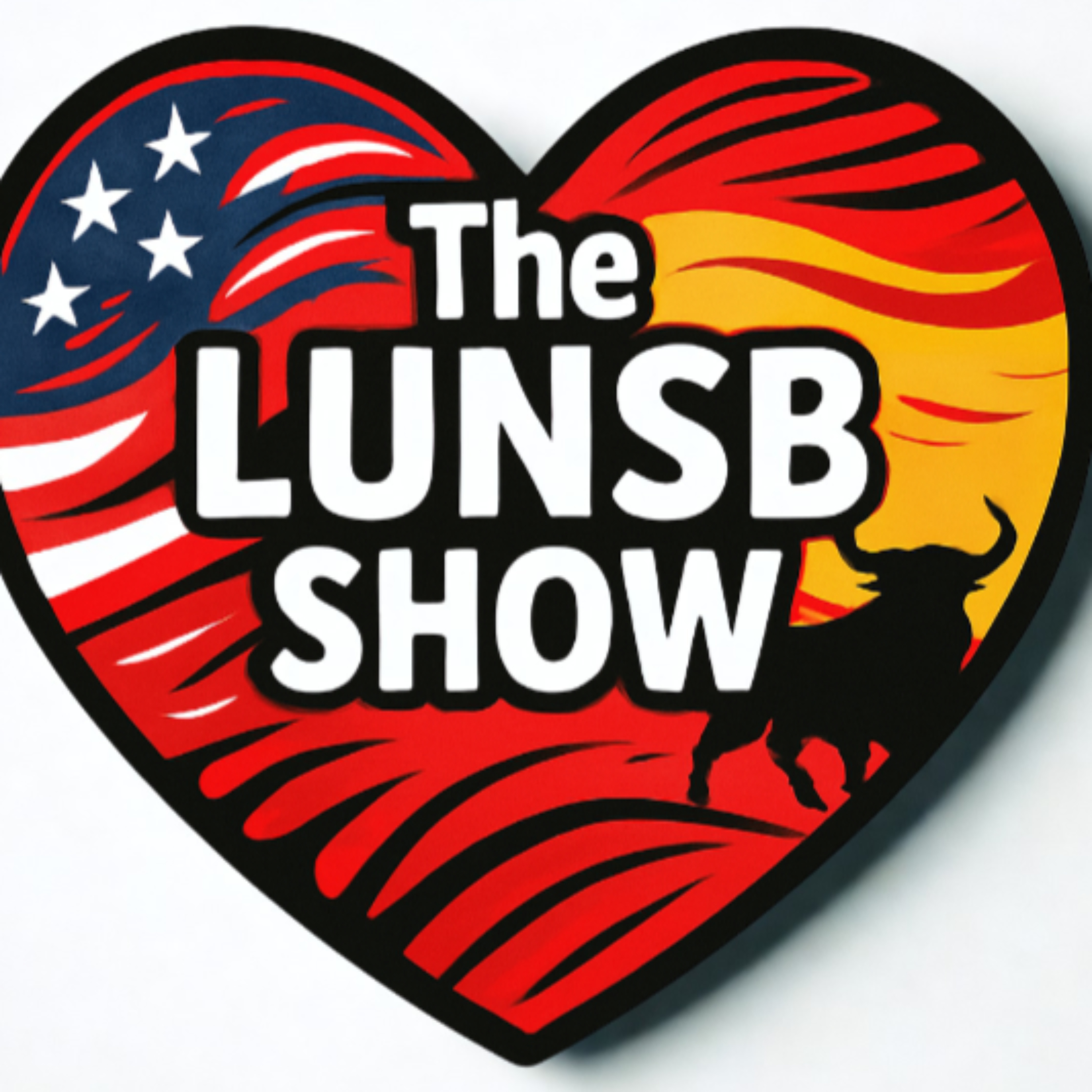
The LUNSB Show with T-Bone and ChickBrew
Tony Knuckles
Over opinionated with Josh Scott
Josh scott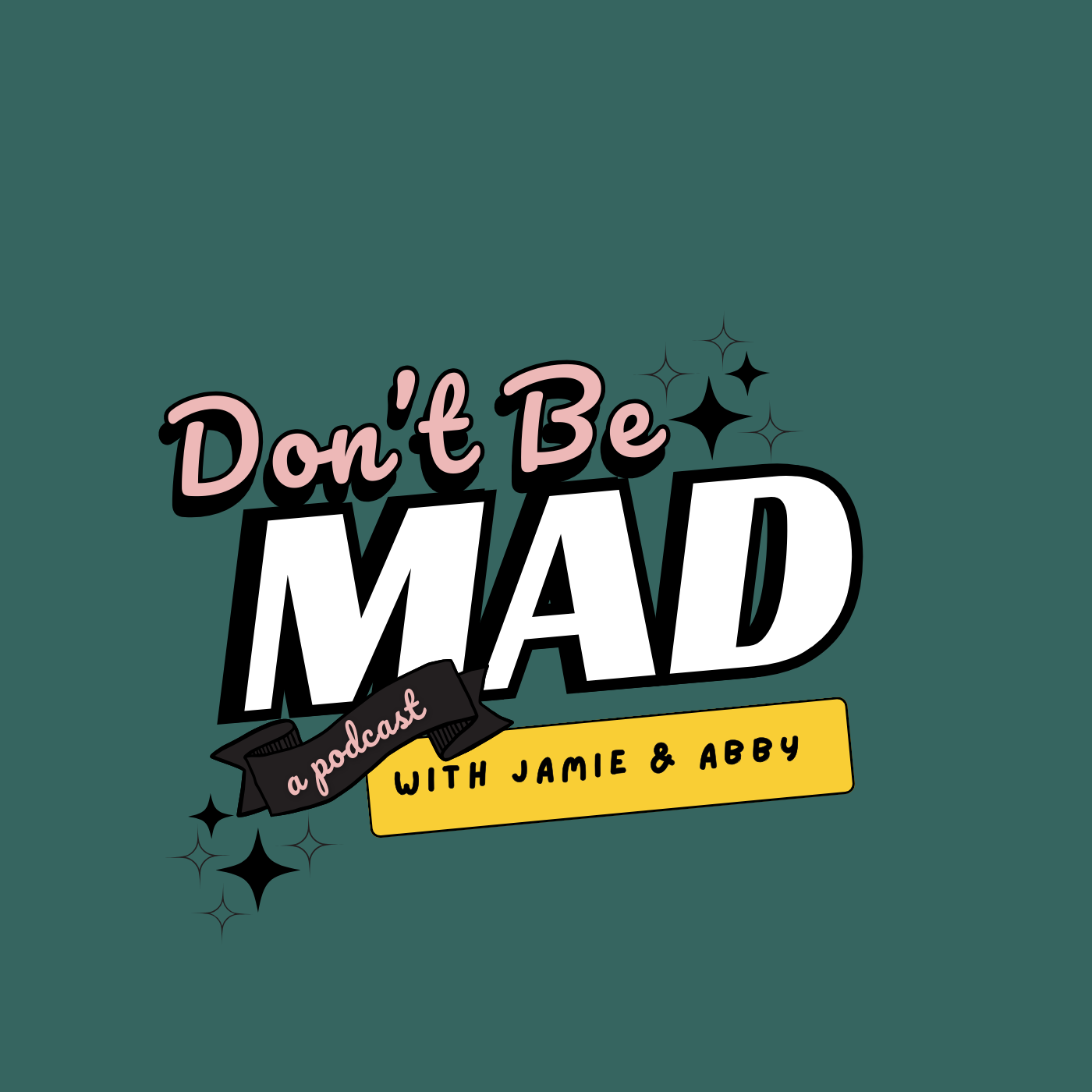
Don't Be Mad: A Podcast with Jamie and Abby!
Jamie Kilstein
The Back Row with Jamie Kilstein
Jamie Kilstein
Your Calvinist Podcast with Keith Foskey
Keith Foskey
BJJ Mental Models
Steve Kwan
Renewing Your Mind
Ligonier Ministries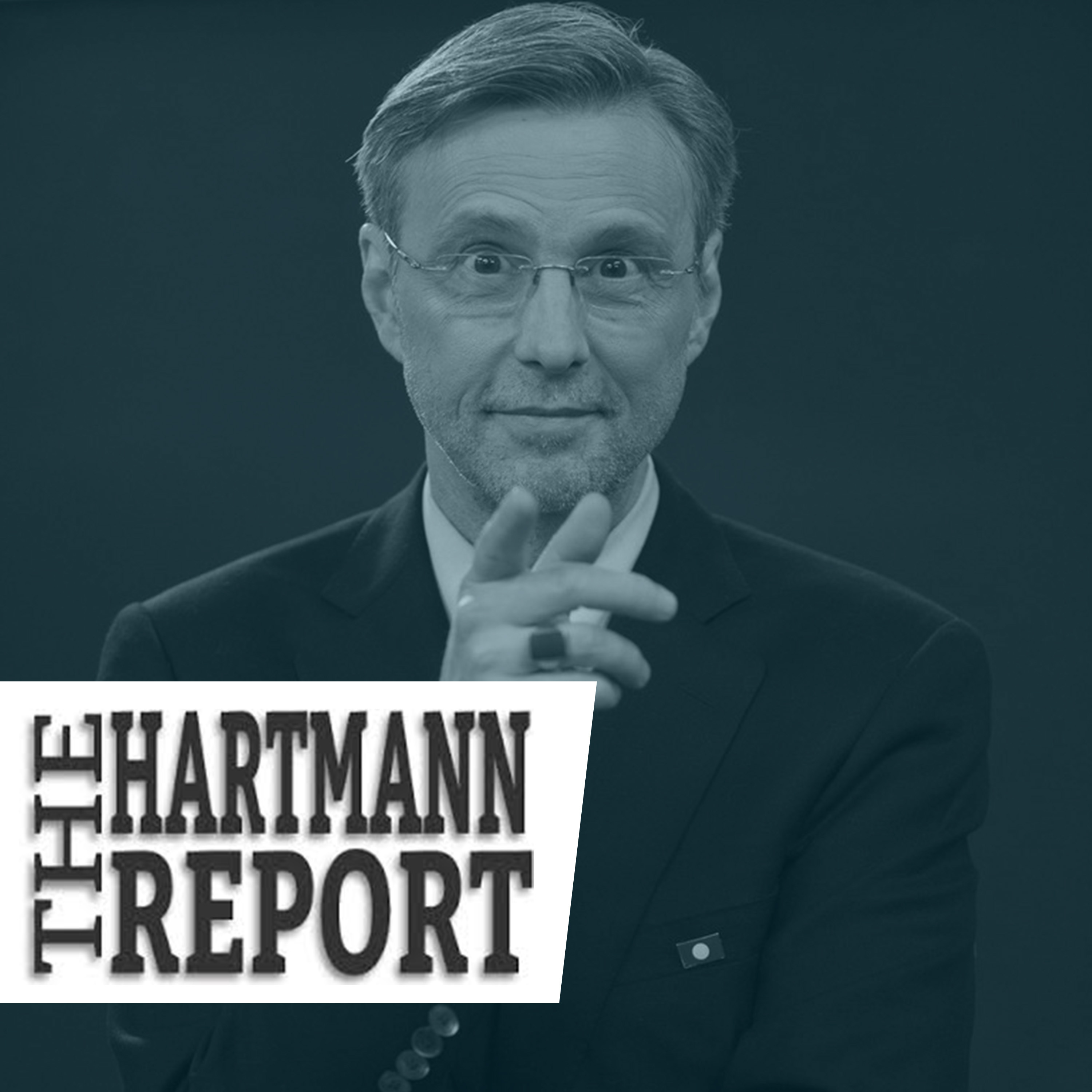
The Hartmann Report
Thom Hartmann
The Glenn Show
Glenn Loury
#RolandMartinUnfiltered
Roland S. Martin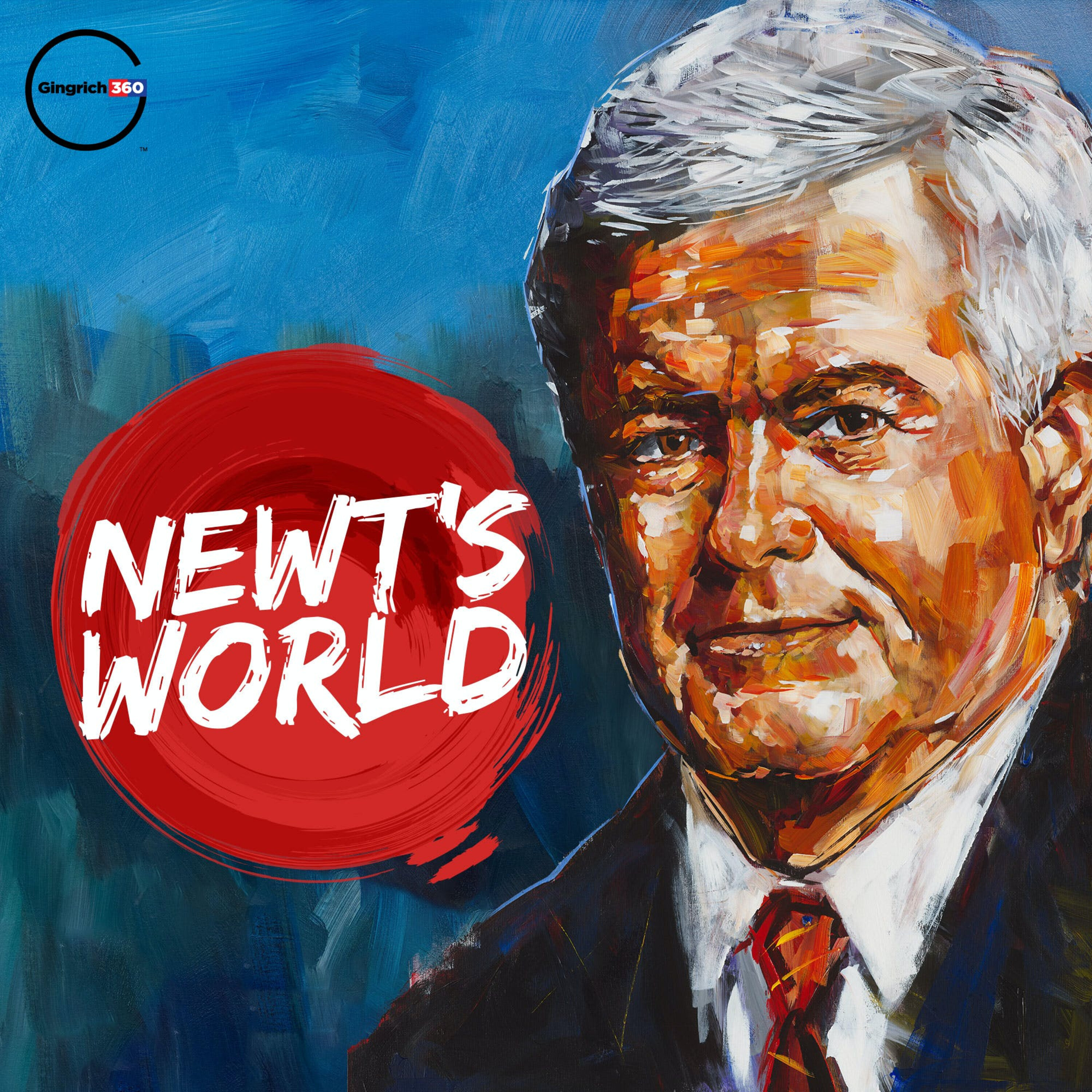
Newt's World
Gingrich 360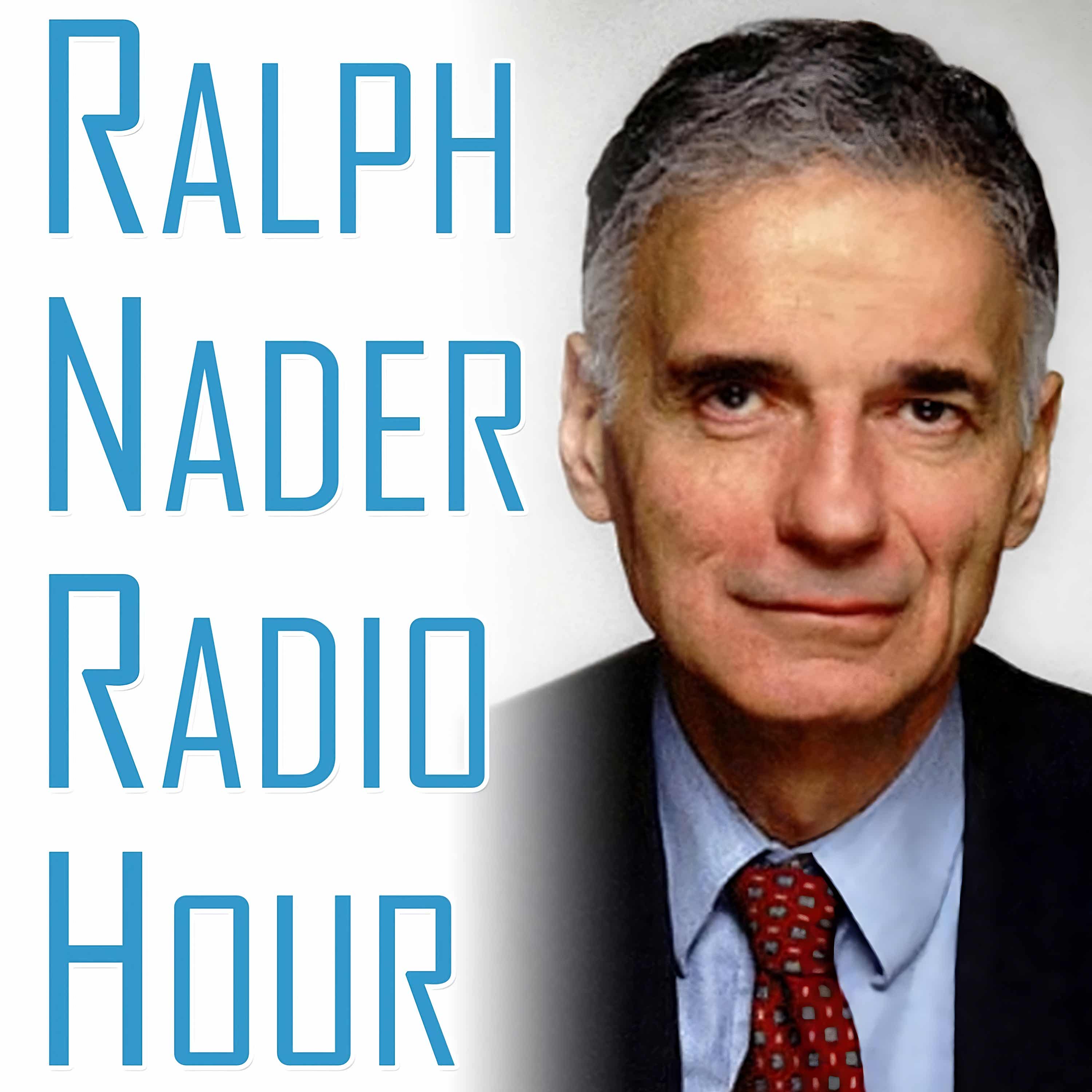
Ralph Nader Radio Hour
Ralph Nader
Bannon`s War Room
WarRoom.org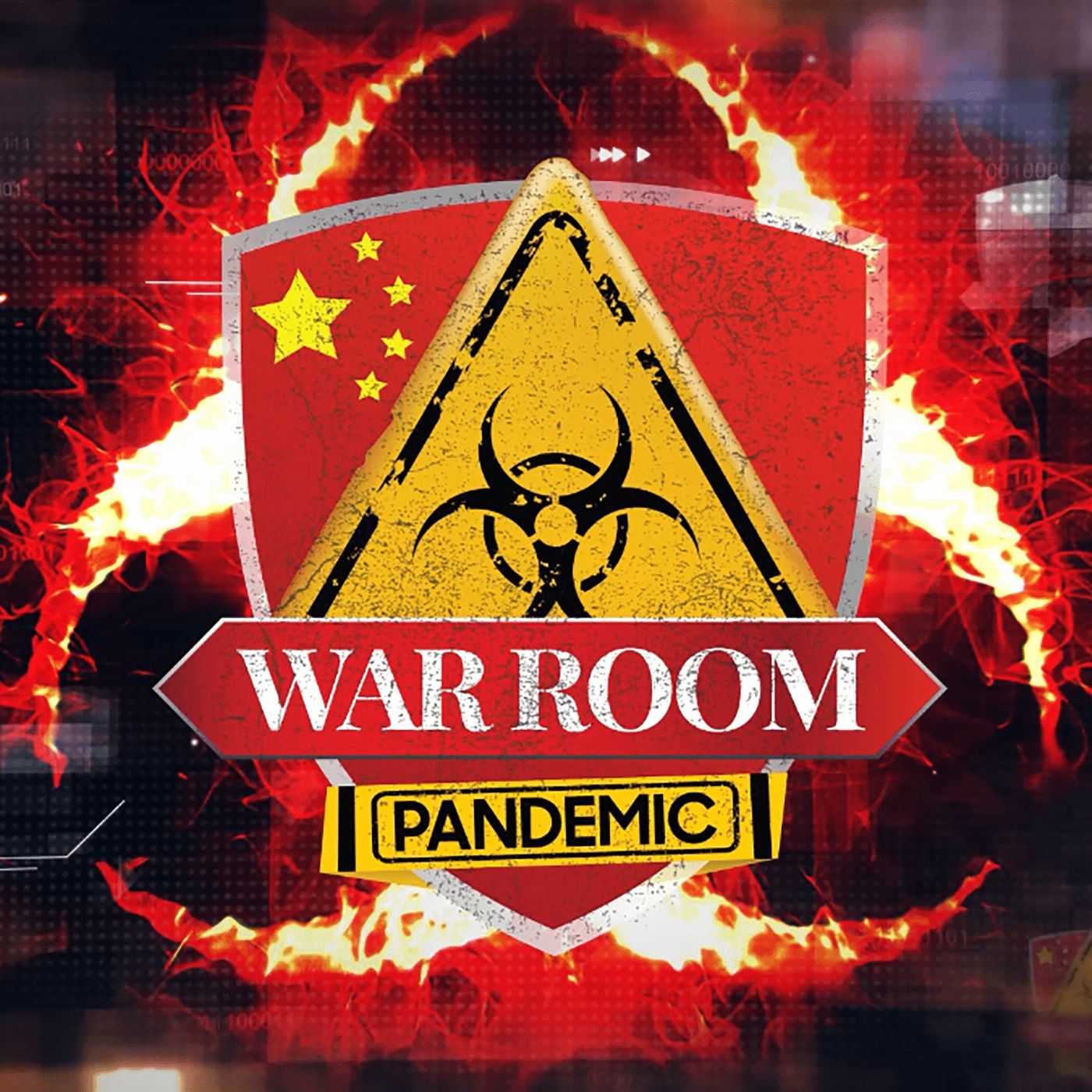
Bannon’s War Room
dan fleuette
The Young Turks
TYT Network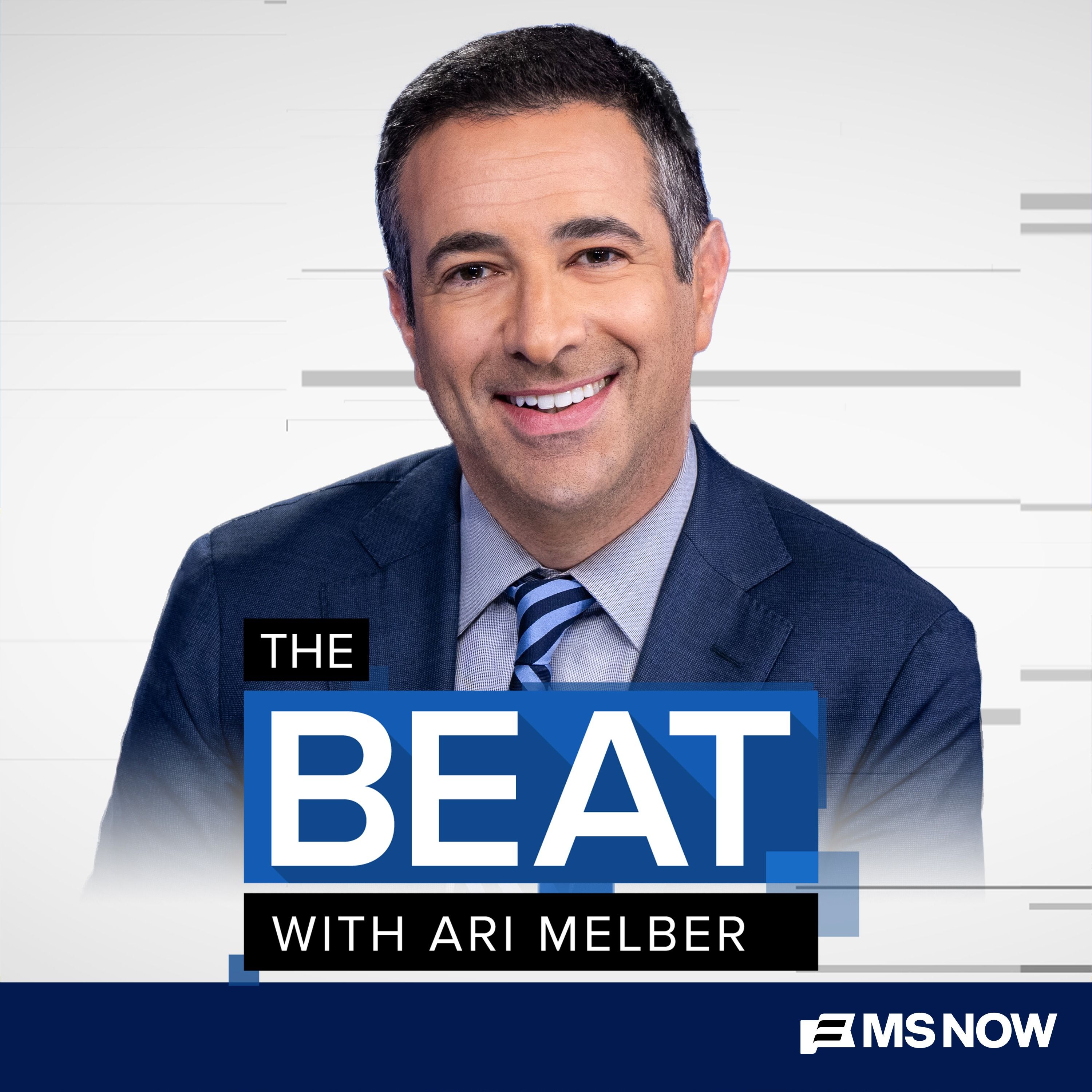
The Beat with Ari Melber
Ari Melber, MS NOW
The Damage Report with John Iadarola
TYT Network
The Majority Report with Sam Seder
Sam Seder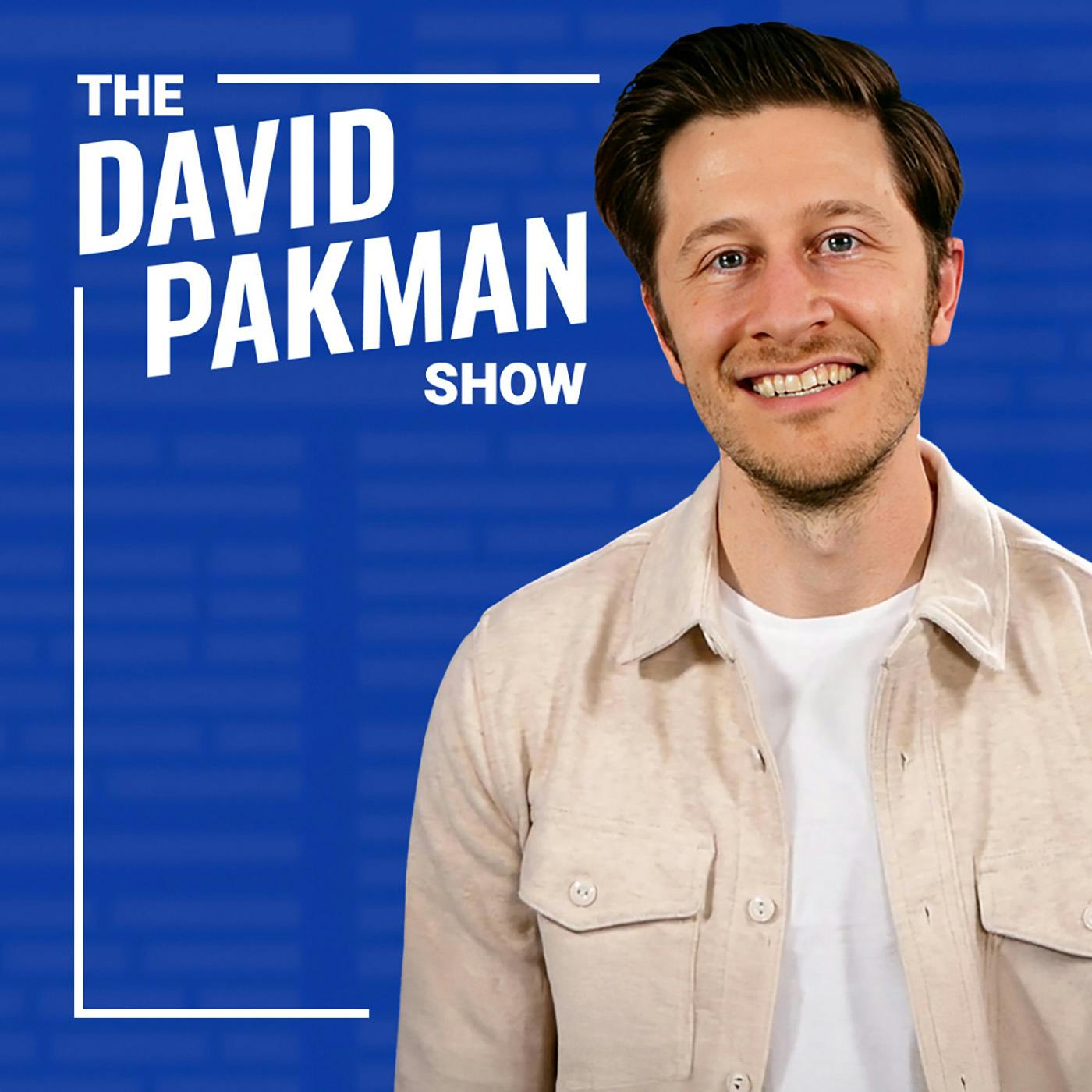
The David Pakman Show
David PakmanGet A Grip with Kendall Reusing
Kendall Reusing
Ultimately with R.C. Sproul
Ligonier Ministries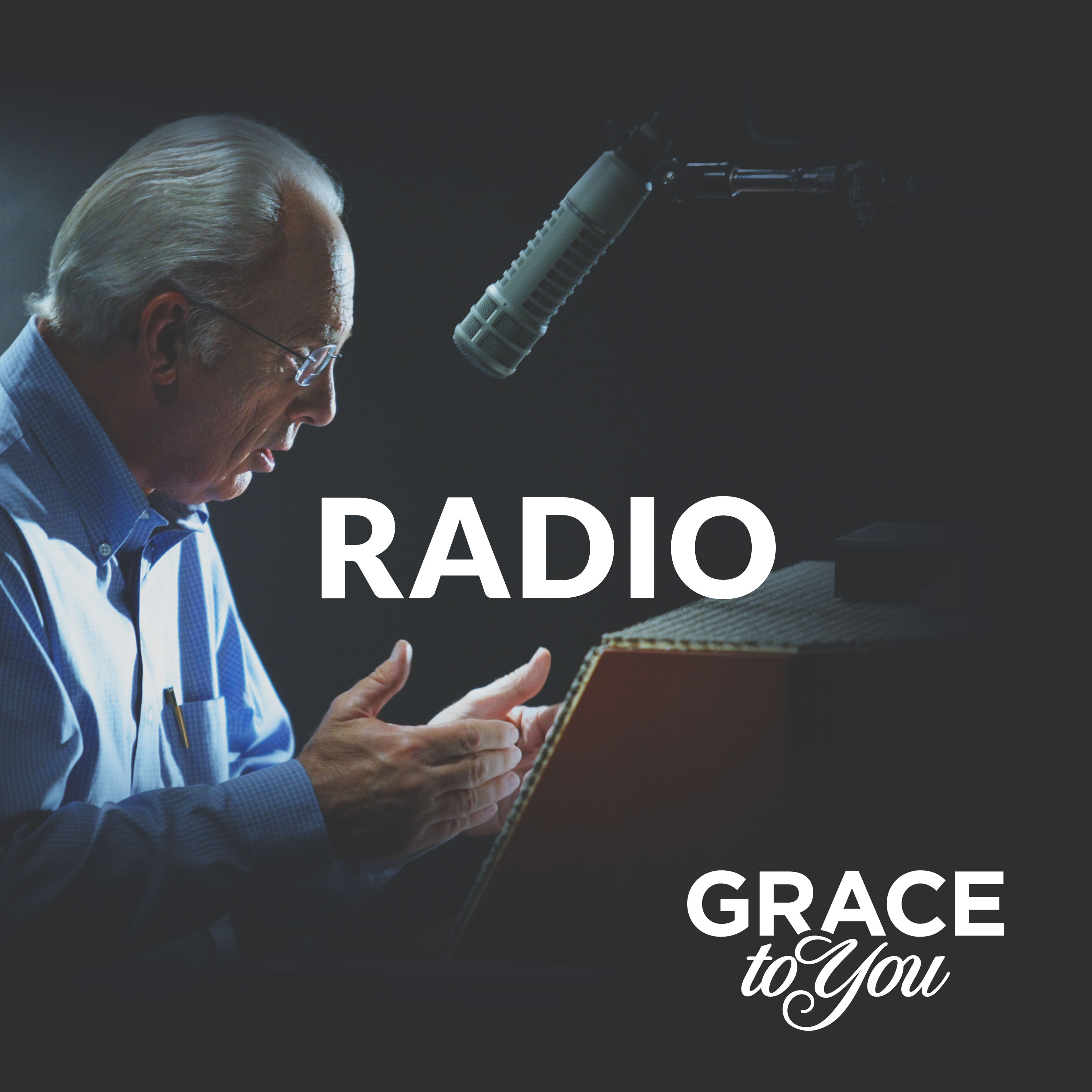
Grace to You: Radio Podcast
John MacArthur
The Briefing with Albert Mohler
R. Albert Mohler, Jr.
StarTalk Radio
Neil deGrasse Tyson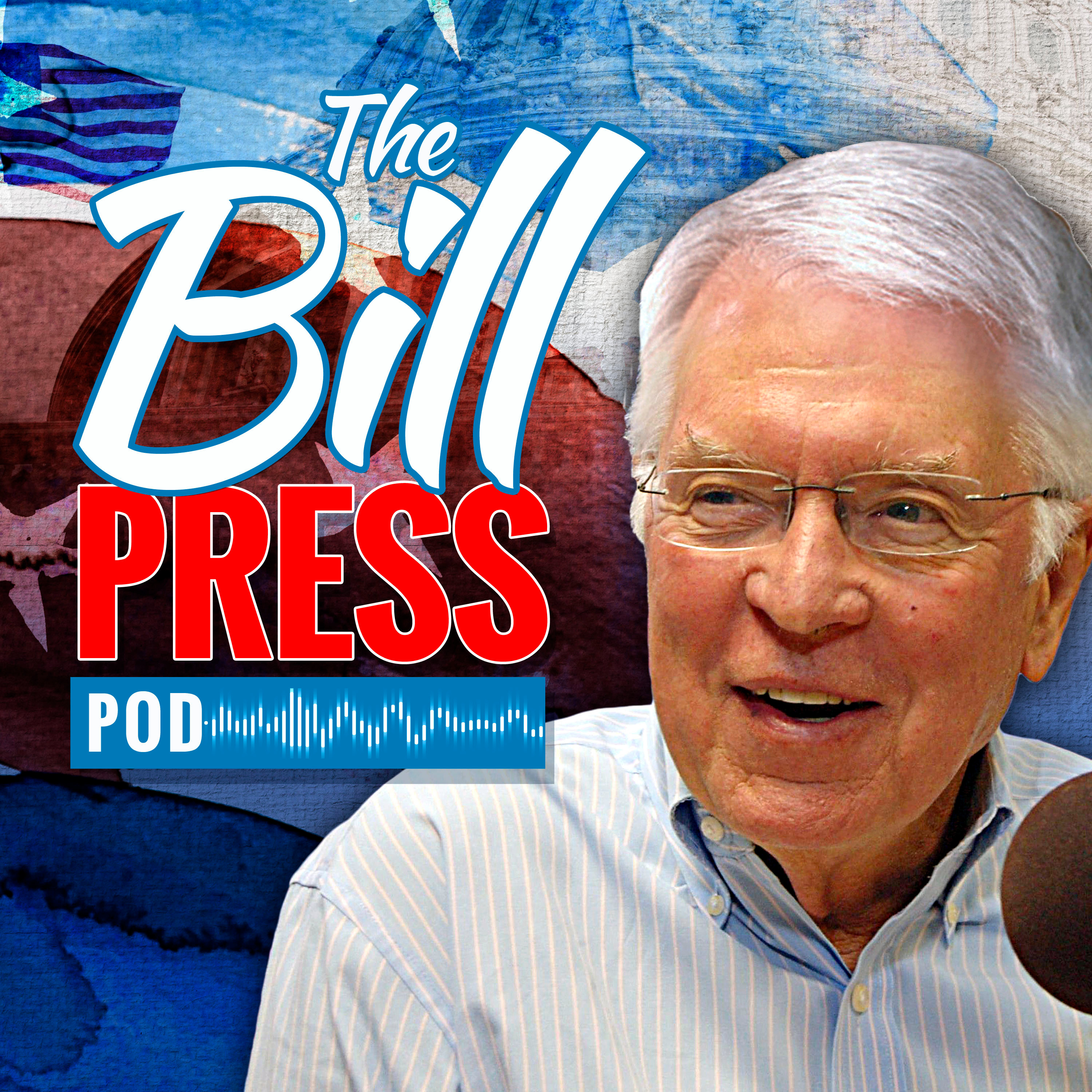
The Bill Press Pod
BP Pods
Ask Pastor John
Desiring God
The Weekly Show with Jon Stewart
Comedy Central
Ask Ligonier
Ligonier Ministries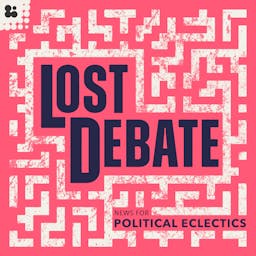
Lost Debate
The Branch
Coffee-Time-Again
Dale Hutchinson
5 Minutes in Church History with Stephen Nichols
Ligonier Ministries
The Ezra Klein Show
New York Times Opinion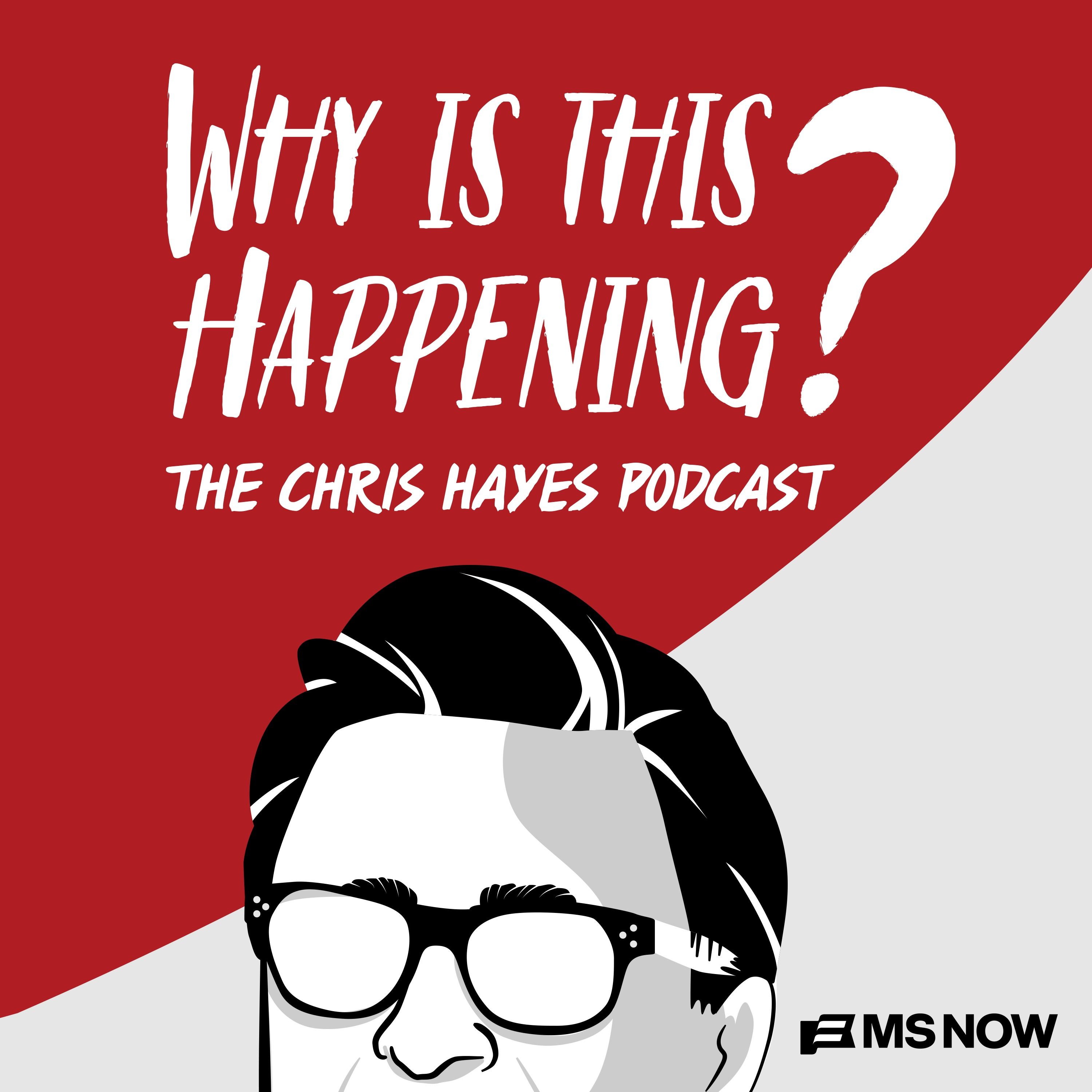
Why Is This Happening? The Chris Hayes Podcast
MS NOW, Chris Hayes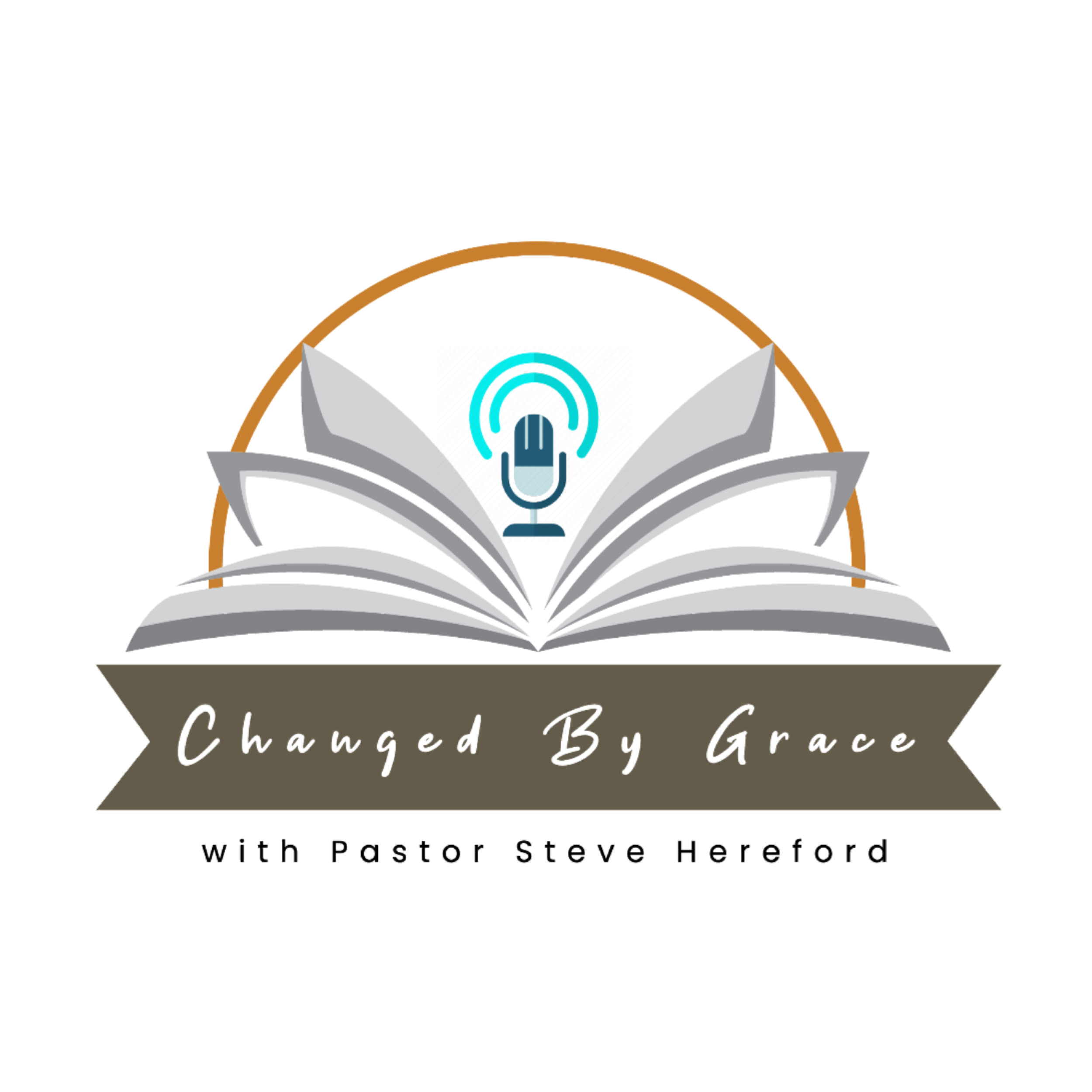
Changed By Grace
PodPoint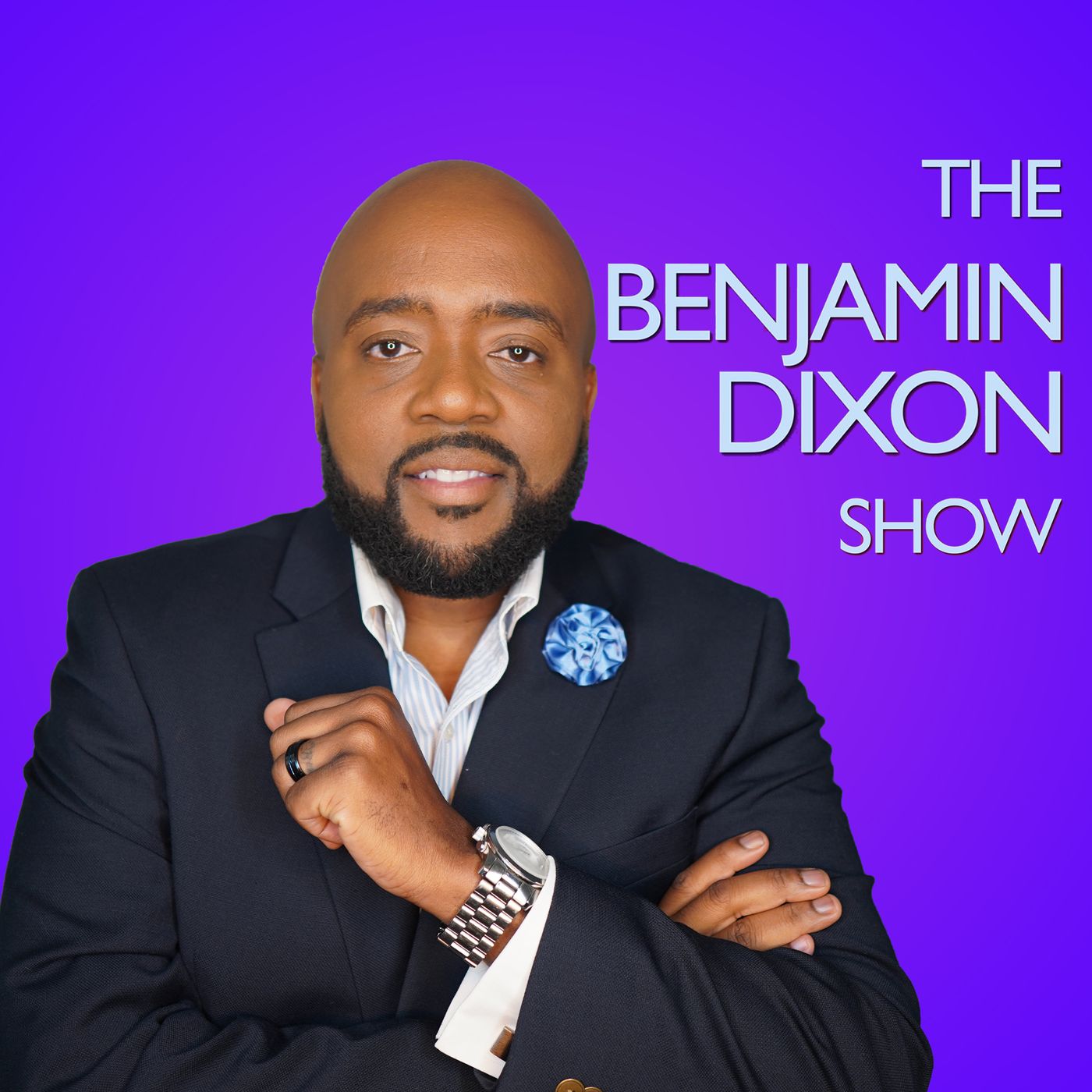
The Benjamin Dixon Show
The Benjamin Dixon Show
Thinking in Public with Albert Mohler
R. Albert Mohler, Jr.
Who Killed JFK?
iHeartPodcastsThe MacArthur Center Podcast
The Master's Seminary
Jean Jacques Machado : No Gi Required
Jay Zeballos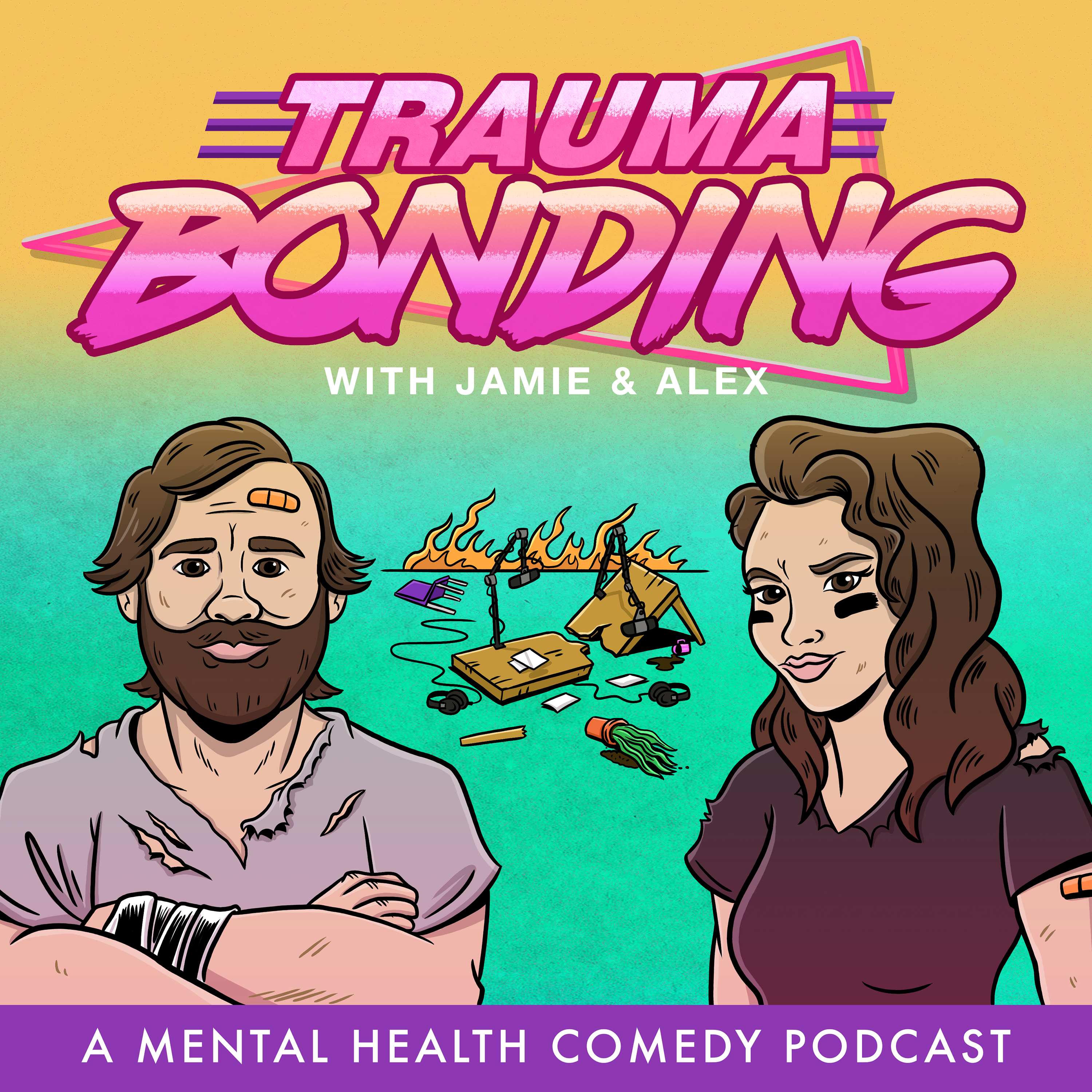
Trauma Bonding
Jamie Kilstein
This Day in History
The HISTORY Channel
The Ben Shapiro Show
The Daily Wire
The Sean Hannity Show
Sean Hannity
Breaking Points with Krystal and Saagar
iHeartPodcasts
The Kyle Kulinski Show
Kyle Kulinski